Volvo joins a growing pool of automakers in exiting the vehicle subscription market as slowing demand for EVs causes customers to move away from vehicle subscription services.
When vehicle subscription services first began making their way into the automotive market several years ago, they promised to provide customers an alternative to traditional vehicle leasing with payments being done on a monthly basis with the payment plan also coming with enhanced flexibility for customers to switch vehicles or end the contract early depending on which subscription plan they were enrolled into.
However, changing market conditions and slowing demand for EVs have forced many automakers to either change how they will be moving forward with subscriptions or throw in the towel and quit. Volvo has become the latest company to do the latter with the Swedish car giant confirming that it’s ending its Care By Volvo service for both the United States and Europe.
Volvo’s exit part of broader trend
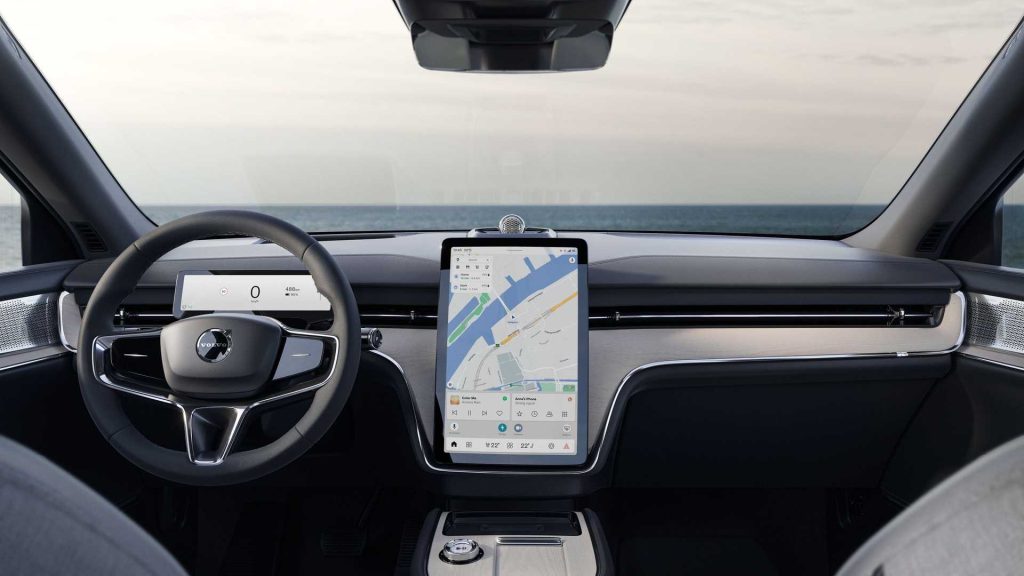
Volvo’s departure from the subscription market is part of a growing trend with Ford, Mercedes-Benz, and Genesis also ending their subscription programs.
Volvo’s decision to end its Care By Volvo service is part of a broader trend with the company also joining others like Cadillac, Audi, BMW, and Genesis who have exited the subscription market to adapt to changing market conditions. In the case of Volvo’s service, it was marketed as a flexible alternative to leasing when it was rolled out in 2017. A customer enrolled in the Care By Volvo service would pay a monthly fee, but this payment included the car itself, insurance, roadside assistance, and several perks to make the ownership experience as seamless as possible.
However, the rollout of the program didn’t go to plan at first with the company receiving criticism from dealerships which led to a six-month investigation by the California Department of Motor Vehicles. The investigation revealed that the company not only failed to notify dealerships about changes to their franchise agreements but also highlighted preferential treatment that certain dealer owners were getting too among other misdeeds. The findings forced Volvo to start over from scratch with the relaunch of the modified service taking place in 2019. A later update to Care By Volvo allowed subscribers to not only switch cars after a few months. but also end the plan entirely after five months.
The service offered a wide variety of vehicles to choose from with combustion and electrified vehicles all being available for customers to choose from. This flexibility and some of the benefits were not enough to negate the effects of a cooling market for EVs with Volvo hoping that Care By Volvo would be a key motivator for EV sales especially for models like the C40 and XC40 Recharge models which were targeted towards a larger pool of crossover buyers. The program was also a pet project of former CEO Hakan Samuelsson with the XC40 being used as the spearhead vehicle for the launch of the service. However, when Samuelsson stepped down, Care By Volvo lost its strongest backer which left the program in the crosshairs of potential cost cutting plans.
More Volvo Stories
- Volvo Unveils Revamped 2025 XC90, Second Facelift Brings New Vigor to Aging SUV
- First Drive: 2024 Volvo EX30
- First Drive: 2025 Volvo EX90 Twin Motor Performance
Could Volvo’s exit be the nail in the coffin for vehicle subscription services?
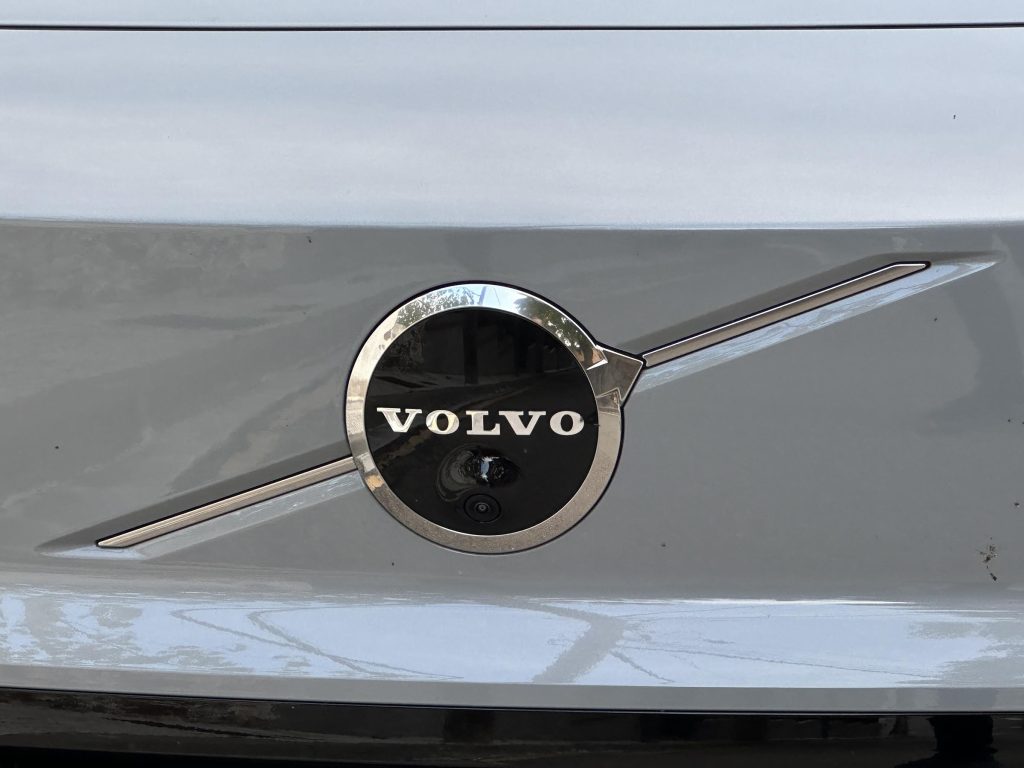
As more automakers like Volvo, BMW, and Audi exit the subscription market. New questions are being raised about the future of vehicle subscription services
Volvo’s exit from the subscription market is making some question if this could cause the market itself to disappear? Subscription services have been steadily evolving since they were first introduced into automobiles and their presence has reached out to a wider pool of customers with Volvo saying the Care By Volvo program allowed them to lure in more buyers with over 80% of them being new to the brand.
In addition to Volvo exiting the vehicle subscription market, Mercedes-Benz, Cadillac, Audi, and BMW also canceled their vehicle subscription plans with Porsche’s Drive vehicle subscription service being the only one left with the departure of Volvo. Auto analyst Sam Fioranoi shared his thoughts about the rapidly changing subscription landscape stating “Nobody has really proven that there’s a market for this.” However, Fiorani also expressed optimism that vehicle subscription services might return in an EV-dominated future stating “It might come back when everything is electric” with Sam even suggesting eventually people might need to switch vehicles for different situations.
Other types of subscription plans will remain
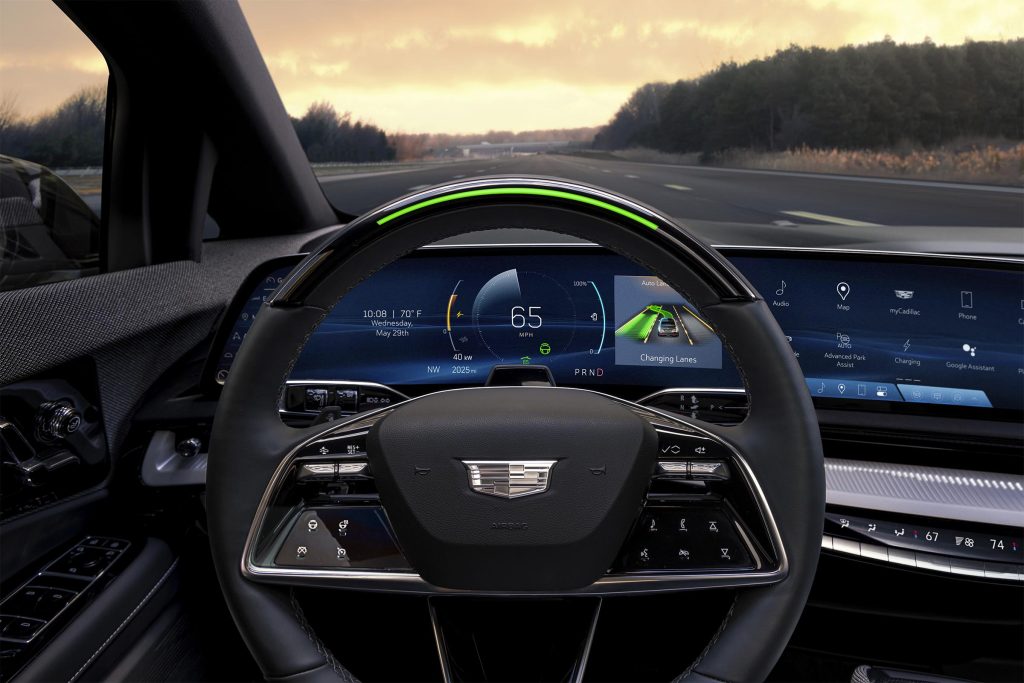
Other subscription plans focused on features will continue to play a large role in the new vehicle ownership experience.
While vehicle subscription programs themselves are facing an uncertain future, other subscription-based payment plans will continue to move forward. One of these is subscription plans for certain features with GM’s Super Cruise and Ford’s BlueCruise system requiring customers to pay a monthly fee after a free trial period. These types of plans are popular in the Asian market but they have also occasionally drawn the ire of customers if certain features are put behind the barrier of a payment plan.
A prominent example of this is when Audi confirmed the Audi A3 would put adaptive cruise control, dual-zone climate control, and Android Auto and Apple CarPlay behind subscription paywalls with BMW also announcing similar paywalls for features in some of its models.

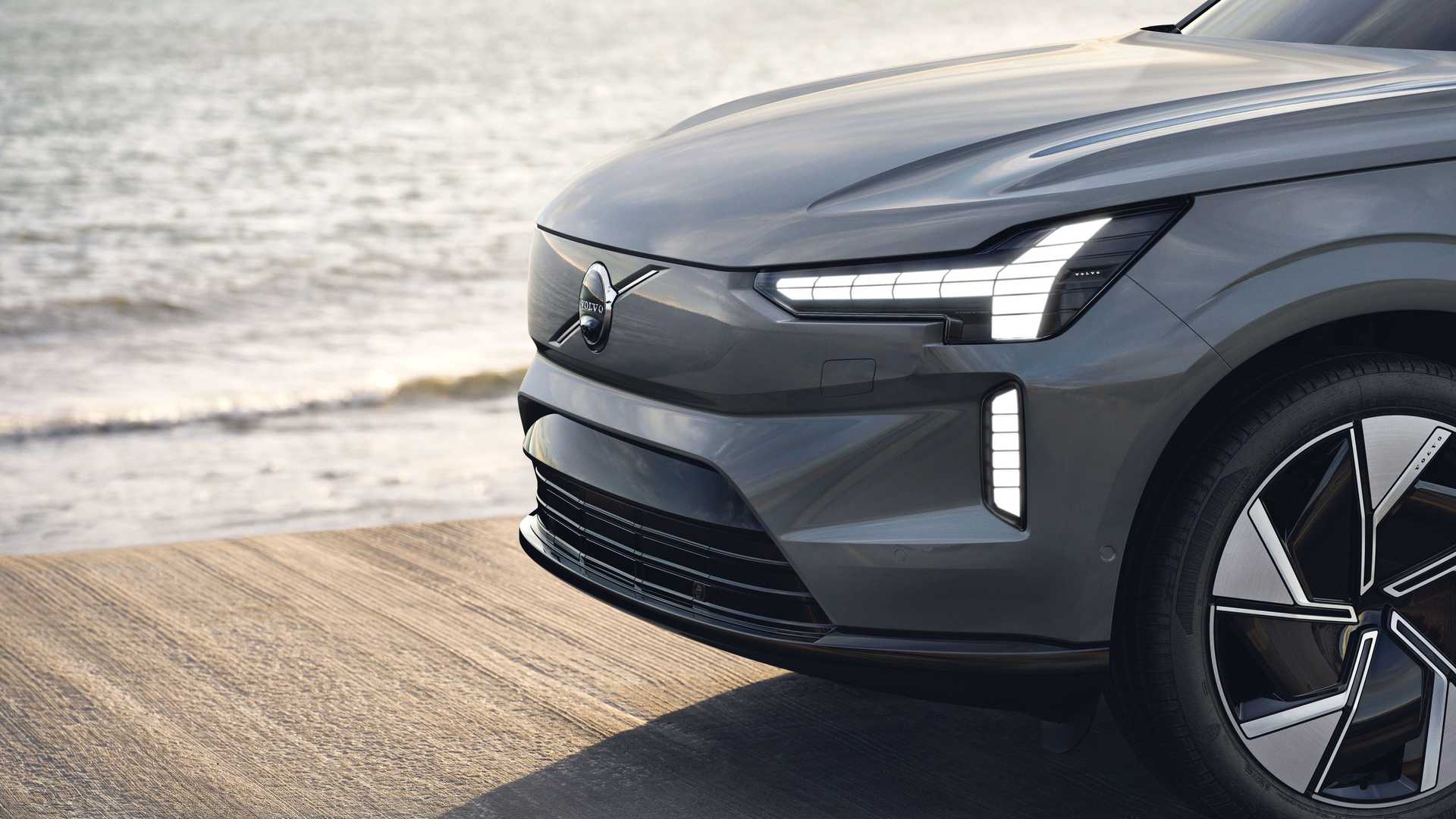
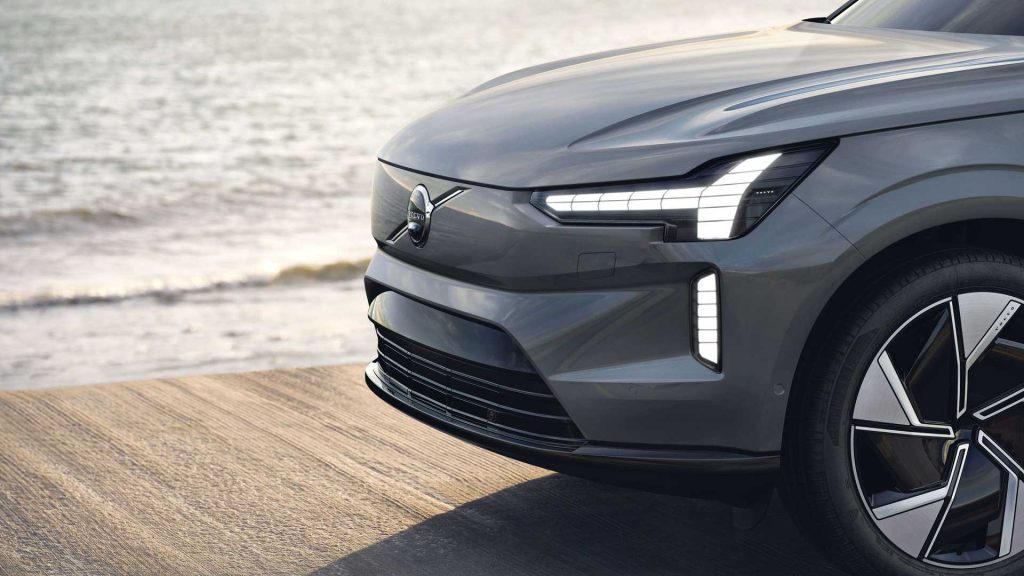



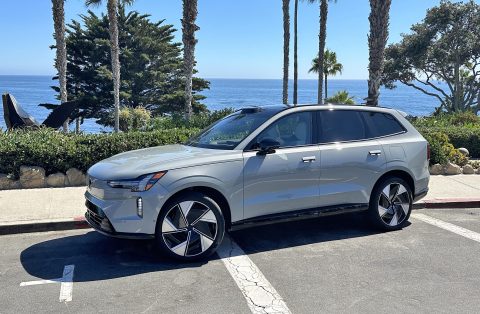

0 Comments